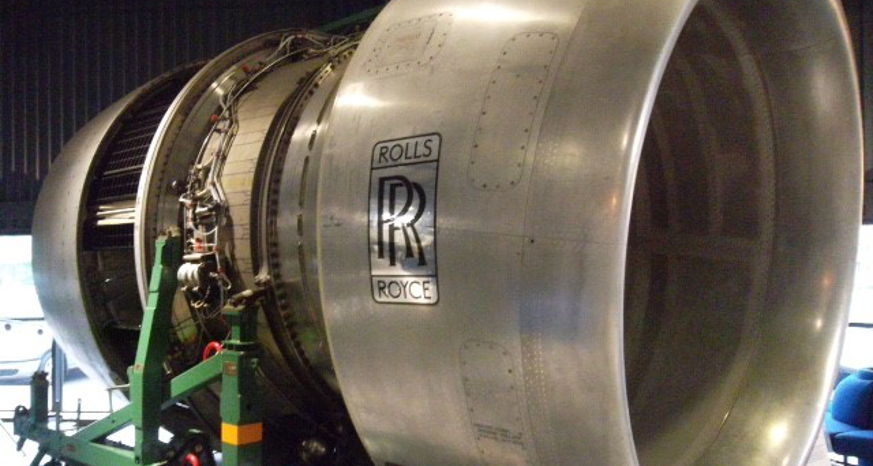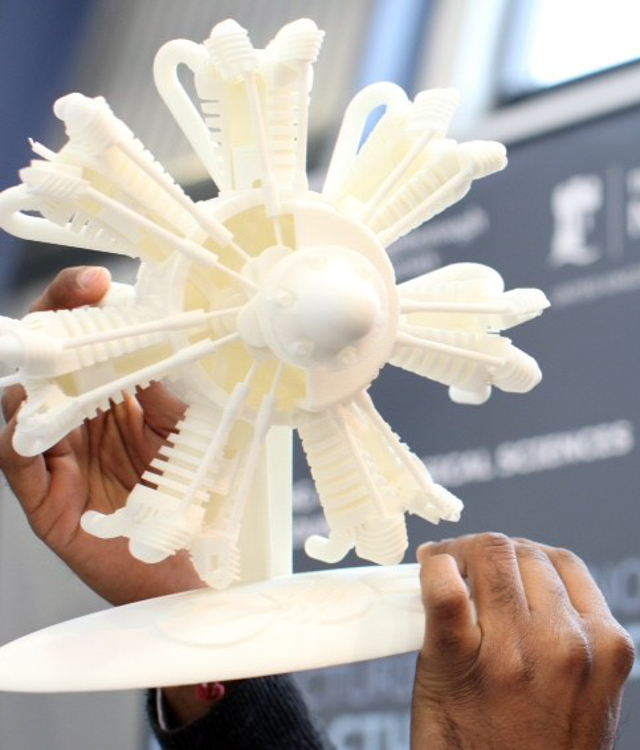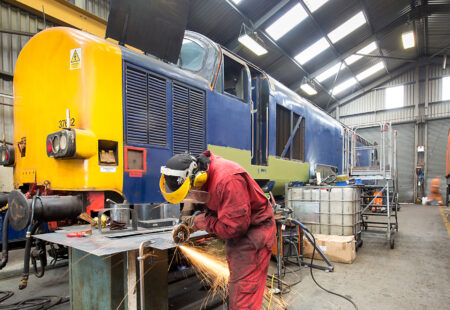Major study on science and innovation in the D2N2 LEP area released
Greater investment in research and development across the economy, strengthening the skills base to better engage with the digital revolution, and improving ambitious firms’ access to growth finance are key to enhancing science and innovation in the D2N2 Local Enterprise Partnership area, says a new study.
The Science and Innovation Audit for the D2N2 Local Enterprise Partnership Area (or SIA) was commissioned and funded by the D2N2 LEP; the private sector-led partnership of business, local authorities, skills and training providers, and community and voluntary services which promotes economic growth across Derby, Derbyshire, Nottingham and Nottinghamshire. A copy can be read online at www.d2n2lep.org/Growth/Evidence-Base
Science and innovation’s positive impact on the D2N2 area economy is examined in the research report, produced by leading economic and social development consultants SQW.
The study says an estimated 188,000 people in the D2N2 LEP area work in (what the Office for National Statistics defines as) the economy’s science and technology related sectors (2016 figures). The report looks at how targeted investment could help accelerate productivity growth in this area.
The D2N2 Science and Innovation Audit report highlights the D2N2 LEP area has:
- An estimated one-in-five jobs in (ONS defined) science and technology sectors.
- Three university partners (Nottingham, Nottingham Trent and Derby) whose research and business support have international reach.
- Three science parks, plus innovation centres and ‘incubator’ areas; all home to many innovative and technology-rich small and medium-sized enterprises (SMEs).
- World class advanced manufacturing firms including Rolls-Royce, Bombardier and Toyota; a growing life sciences cluster in Nottingham, anchored by Boots and BioCity; and also innovative future food processing and digital technologies firms. All sectors already identified by D2N2 among its eight key commercial sectors; with, for example, Nottingham’s new £30million life sciences building BioCity Discovery receiving £6.5m in investment from D2N2’s Local Growth Fund allocation.
However, the Audit focuses on the need for the LEP area to foster a stronger innovation culture amongst businesses, help ambitious SMEs access growth finance to bring new products or ideas to market, improve skills and training, and encourage major firms to drive more research and development activity amongst supply chain companies.
A D2N2 SIA Framework has been developed to highlight how the D2N2 LEP area’s innovation culture, local expertise – in advanced manufacturing and engineering, digital technologies and data, and integrating systems – and area market priorities , can interact and complement one another to support greater productivity growth.
The Audit study concludes that a strategy to boost science and innovation long term in the LEP area should concentrate on market priority sectors, where considerable advances have already been made, including:
- Next generation transport – The LEP area benefits greatly from having major employers Rolls-Royce, Toyota and Bombardier within its boundaries; each of which invests in their own research and development activity.
- Life sciences and healthcare – In addition to BioCity (mentioned above) the D2N2 area’s sector companies include major employer Boots, the MediCity life sciences cluster; and Concept Life Sciences in Chapel-en-le-Frith and N4 Pharma in Chellaston, in Derbyshire.
- Future food processing – The competitive food market is constantly hungry for new products and innovation here is seen as key. Food research is strong among D2N2’s university partners, but the LEP has also invested in innovation. With local industry body the Food and Drink Forum it is sharing the costs of the £7million Food Enterprise Advisory Support Team (FEAST) programme; to help businesses innovate and bring new products to market. D2N2’s funding comes from its €251m in European Structural and Investment Funds.
- Energy and Low Carbon – As part of D2N2’s strategy to pursue a more sustainable, less environmentally damaging economy a D2N2 Energy Strategy is to be published in spring 2018, looking at how opportunities in this sector could be unlocked. Current D2N2 backed-initiatives include D2N2 Growth Hub help for SMEs to take a more low carbon approach and assistance to low carbon businesses; for example, recent Growth Hub assistance to help Nottingham low carbon couriers, WEGO.
The SIA has been commissioned now to inform changes to D2N2’s Strategic Economic Plan, its blueprint for developing its area’s economy, which is currently being ‘refreshed’.
Matt Wheatley, Chief Executive of the D2N2 LEP, said:-
“Our ambitions for a dynamic and productive economy led by science, technology and innovation, and creating opportunities for all, is only achievable by pinpointing the changes needed and bringing partners with us.
“To do this we needed an in-depth study of our current position, which this Science and Innovation Audit provides. I thank SQW and the partners who contributed to it. The study will be extremely useful in ‘refreshing’ our Strategic Economic Plan, and in seeing how D2N2 supports objectives in the Government’s Industrial Strategy, but it is also being made available to LEP area businesses and organisations, to progress their research objectives.”
The SIA study draws on existing evidence for the area; including its universities’ research profiles and results, national Research Councils and Innovate UK information, analysis of latest Business Register and Employment Survey data, and information from local partners.
A workshop was hosted with a D2N2 Innovation Working Group, and discussions held, from August to November (2017), with companies and other stakeholders. Around 40 organisations and businesses – including the Food and Drink Forum, East Midlands Rail Forum and Boots, Toyota, Rolls-Royce and Bombardier – contributed to the study.




